Now Reading: 10 Simple Ways to Improve Mental Health in 2025
-
01
10 Simple Ways to Improve Mental Health in 2025
10 Simple Ways to Improve Mental Health in 2025

10 Simple Ways to Improve Your Mental Health
Hey there! Let’s talk about something that’s as important as ever in 2025: your mental health. With the world moving faster than ever, it’s easy to feel overwhelmed, stressed, or just plain exhausted. But the good news is, there are simple, effective ways to take care of your mind and boost your well-being. In this article, we’ll explore 10 simple ways to improve your mental health, backed by the latest research and trends. We’ll also share a real-life story of someone who turned their mental health around through early detection and prevention, plus answer some of the most common questions about mental health. Let’s dive in!
1. Prioritize Sleep
We all know that feeling when you’re running on fumes after a bad night’s sleep. But did you know that sleep is one of the most powerful tools for mental health? Research from 2025 shows that quality sleep is crucial for reducing stress, anxiety, and even the risk of mental health disorders like depression (Source: Improving Sleep Quality). Sleep helps regulate emotions, improve cognitive function, and even strengthen your brain’s ability to handle daily challenges.

How to do it:
- Stick to a consistent sleep schedule, even on weekends.
- Create a calming bedtime routine—no screens an hour before bed!
- Keep your bedroom cool, dark, and quiet for the best rest.
Why it works: When you sleep, your brain processes emotions and memories, helping you wake up refreshed and ready to tackle the day. Plus, studies show that poor sleep can worsen mental health issues, so making sleep a priority is a game-changer (Source: Sleep Trends 2025).
2. Stay Active
Exercise isn’t just for your body—it’s a mental health superhero. Recent studies confirm that physical activity can be as effective as therapy or medication for managing depression and anxiety (Source: Exercise Effectiveness). Whether it’s a brisk walk, a yoga session, or a dance party in your living room, moving your body releases feel-good chemicals like endorphins and serotonin.
How to do it:
- Aim for at least 30 minutes of moderate exercise most days of the week.
- Find activities you enjoy so it doesn’t feel like a chore.
- Even short bursts of activity, like a 10-minute walk, can make a difference.
Why it works: Exercise reduces stress, boosts mood, and improves sleep—all of which are key for mental health. Plus, it’s a natural way to build resilience against life’s ups and downs (Source: Physical Activity Benefits).
3. Practice Mindfulness and Meditation
Ever feel like your mind is a chaotic mess? Mindfulness and meditation can help you hit the reset button. These practices train your brain to focus on the present moment, reducing rumination and anxiety. Research shows that even short daily meditation sessions can improve emotional regulation and reduce symptoms of depression (Source: Mindfulness Brain Changes).

How to do it:
- Start with just 5-10 minutes a day of guided meditation using an app or YouTube.
- Practice deep breathing exercises when you feel stressed.
- Try mindfulness during everyday tasks, like eating or walking, by fully engaging your senses.
Why it works: Mindfulness rewires your brain to be more aware and less reactive, helping you handle stress better and feel more grounded (Source: Science of Mindfulness).
4. Connect with Others
Humans are social creatures, and our mental health thrives on connection. Studies show that strong social bonds can reduce the risk of depression and anxiety, while loneliness can have the opposite effect (Source: Social Connection Health). Even in our digital age, face-to-face (or voice-to-voice) interactions are irreplaceable.
How to do it:
- Make time for regular catch-ups with friends or family.
- Join a club, group, or community that shares your interests.
- Reach out when you’re feeling down—talking it out can lighten the load.
Why it works: Social connection provides emotional safety, boosts self-esteem, and gives you a sense of belonging, all of which are crucial for mental well-being (Source: Social Connections APA).
5. Limit Screen Time
We’re all glued to our phones, but too much screen time can take a toll on mental health. Research links excessive screen time—especially social media—to increased anxiety, depression, and even sleep disturbances (Source: Screen Time Youth). It’s not about cutting out screens entirely but finding a healthy balance.

How to do it:
- Set daily screen time limits on your devices.
- Create screen-free zones, like your bedroom or dinner table.
- Replace screen time with hobbies or outdoor activities.
Why it works: Reducing screen time gives your brain a break from constant stimulation and helps you reconnect with the real world, improving focus and mood (Source: Screen Time Preteens).
6. Practice Gratitude
Gratitude isn’t just a feel-good concept—it’s backed by science. Studies show that regularly practicing gratitude can reduce symptoms of depression and anxiety while boosting overall life satisfaction (Source: Gratitude Interventions). It’s about shifting your focus from what’s wrong to what’s right in your life.

How to do it:
- Keep a gratitude journal and write down three things you’re thankful for each day.
- Express appreciation to others through words or small gestures.
- Take a moment each day to reflect on the good things, no matter how small.
Why it works: Gratitude rewires your brain to notice positivity, which can improve your mood and resilience over time (Source: Gratitude Health Benefits).
7. Seek Professional Help When Needed
Sometimes, self-care isn’t enough, and that’s okay. Mental health professionals are there to help, and in 2025, accessing care has never been easier with telehealth and integrated care models (Source: Mental Health Care 2025). Don’t wait until things feel unbearable—early intervention can make a huge difference.

How to do it:
- Look for signs like persistent sadness, anxiety, or changes in sleep/appetite.
- Talk to a therapist, counselor, or psychiatrist.
- Use resources like employee assistance programs or community mental health services.
Why it works: Professional help provides tools and strategies tailored to your needs, helping you navigate tough times and build long-term mental health (Source: Mental Health Trends 2025).
8. Learn Something New
Ever heard the saying, “You can’t teach an old dog new tricks”? Well, that’s nonsense! Lifelong learning keeps your brain sharp and your spirits high. Research shows that learning new skills can boost self-esteem, reduce stress, and even protect against cognitive decline (Source: Lifelong Learning Benefits).

How to do it:
- Take an online course or workshop on something that interests you.
- Pick up a new hobby, like painting, cooking, or playing an instrument.
- Read books or listen to podcasts on topics you’re curious about.
Why it works: Learning gives you a sense of accomplishment and purpose, which are key for mental well-being. Plus, it’s fun! (Source: WHO Lifelong Learning).
9. Spend Time in Nature
Nature is like a free therapy session. Studies show that spending time outdoors—whether it’s a park, forest, or even your backyard—can reduce stress, improve mood, and boost overall mental health (Source: Nature Mental Health Benefits). Even short exposures, like a 10-minute walk, can make a difference.

How to do it:
- Take regular walks in green spaces.
- Try gardening or tending to plants for a calming activity.
- Plan outdoor adventures, like hiking or picnicking, when you can.
Why it works: Nature has a way of grounding us, reducing rumination, and lowering cortisol levels (the stress hormone). It’s like a mental reset button (Source: Nature Therapy Study).
10. Maintain a Healthy Diet
What you eat doesn’t just affect your body—it impacts your brain too. Research from 2025 highlights the link between diet and mental health, with diets rich in fruits, vegetables, whole grains, and healthy fats linked to better mood and cognitive function (Source: Diet Brain Health). On the flip side, processed foods and sugars can worsen mental health.

How to do it:
- Fill your plate with colorful fruits and veggies.
- Include omega-3-rich foods like salmon or walnuts.
- Limit sugary snacks and processed foods.
Why it works: Nutrients like omega-3s and antioxidants support brain health, while a balanced diet stabilizes blood sugar and energy levels, which directly affect mood (Source: Diet Mental Health).A Real-Life Story: Emma’s Journey to Mental Well-Being
Let’s meet Emma, a 22-year-old college student who was always on top of her game—until she wasn’t. As exams piled up, Emma started feeling overwhelmed. She couldn’t sleep, her appetite dwindled, and she felt a constant weight of sadness. At first, she brushed it off as stress, but when her best friend noticed her withdrawing from social activities, Emma decided to talk to someone.

A visit to the university counselor revealed that Emma was experiencing early signs of depression. With early detection, she started therapy and made small lifestyle changes—like exercising regularly, eating a better diet, and practicing mindfulness. Over time, Emma regained her energy and zest for life. Today, she’s passionate about mental health advocacy, sharing her story to inspire others to seek help early.
Emma’s story shows that early detection and prevention can make all the difference. Mental health issues don’t have to define you—they can be managed with the right support and strategies.
FAQs About Mental Health
1. What is mental health?
Mental health is your emotional, psychological, and social well-being. It affects how you think, feel, and act, and it’s essential for handling stress, building relationships, and making decisions (Source: Social Connection Health).
2. How can I tell if I have a mental health problem?
Signs include persistent sadness, anxiety, or hopelessness; changes in sleep or appetite; difficulty concentrating; withdrawal from social activities; and thoughts of self-harm. If these persist, seek professional help (Source: Mental Health Care 2025).
3. What are the signs that someone might need professional help?
Look for prolonged mood changes, withdrawal from activities, difficulty coping with daily tasks, or thoughts of harming oneself or others. Early intervention is key (Source: Mental Health Trends 2025).
4. How can diet affect mental health?
A healthy diet rich in fruits, vegetables, whole grains, and healthy fats supports brain health and can reduce the risk of depression. Conversely, processed foods and sugars can negatively impact mood (Source: Diet Brain Health).
5. What are some effective ways to manage stress?
Try relaxation techniques like deep breathing or mindfulness, stay active, eat a balanced diet, get enough sleep, connect with others, and set realistic goals. Professional help is also an option if stress feels overwhelming (Source: Science of Mindfulness).
Conclusion
Taking care of your mental health doesn’t have to be complicated. By incorporating these 10 simple strategies—prioritizing sleep, staying active, practicing mindfulness, connecting with others, limiting screen time, practicing gratitude, seeking help when needed, learning something new, spending time in nature, and maintaining a healthy diet—you can build a stronger, more resilient mind. Remember, mental health is just as important as physical health, and small steps can lead to big changes.
Final Thoughts
Mental health is a journey, not a destination. By taking small, consistent steps—like the ones outlined here—you can create a life that feels more balanced, joyful, and fulfilling. Remember, you’re not alone, and help is always available. Let’s make 2025 the year we all prioritize our mental well-being!
Stay Informed With the Latest & Most Important News
Previous Post
Next Post
-
 0110 Simple Ways to Improve Mental Health in 2025
0110 Simple Ways to Improve Mental Health in 2025 -
 02How to Create a Daily Mental Wellness Routine
02How to Create a Daily Mental Wellness Routine -
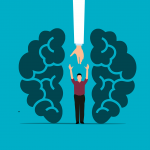 035 Common Mental Health Myths Debunked: What You Need to Know
035 Common Mental Health Myths Debunked: What You Need to Know -
04Why Mental Health Matters More Than Ever in 2025
-
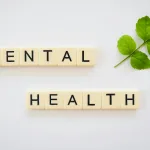 05Ultimate Guide to Mental Health for Beginners
05Ultimate Guide to Mental Health for Beginners -
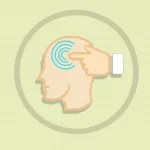 067 Signs of Poor Mental Health to Watch in 2025
067 Signs of Poor Mental Health to Watch in 2025










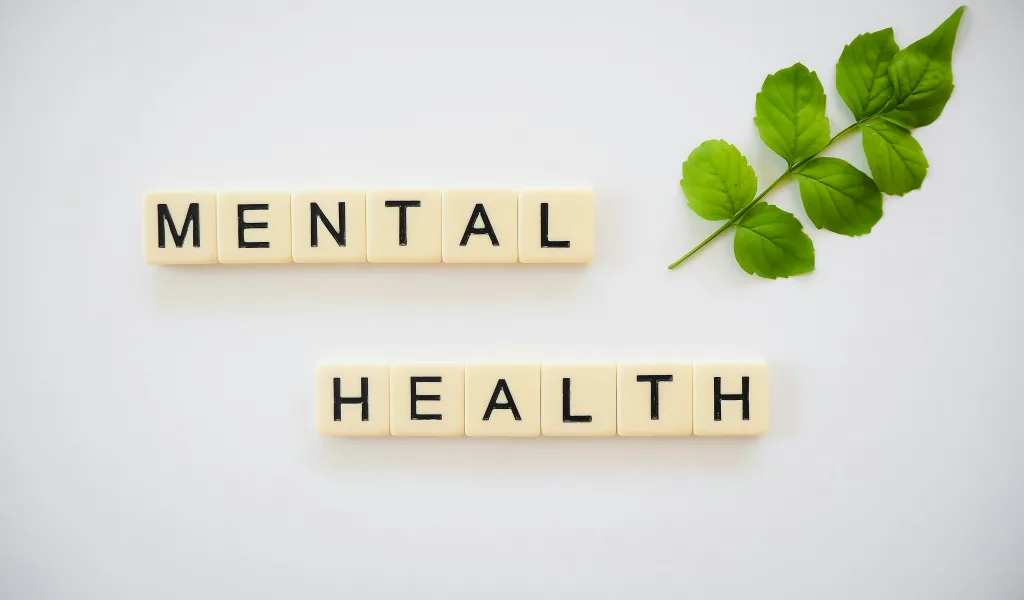
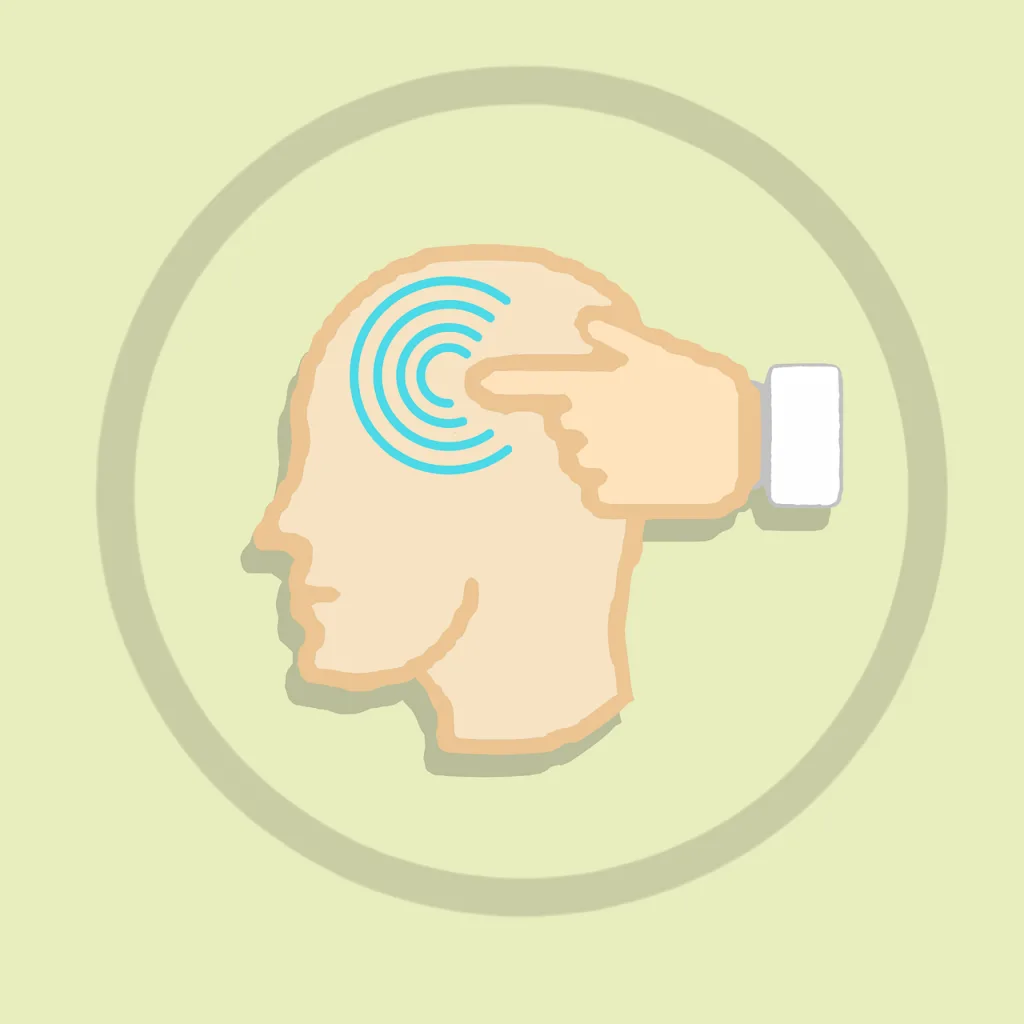






Pingback: How to Create a Daily Mental Wellness Routine - FocusMind
Pingback: 5 Common Mental Health Myths Debunked: What You Need to Know - FocusMind